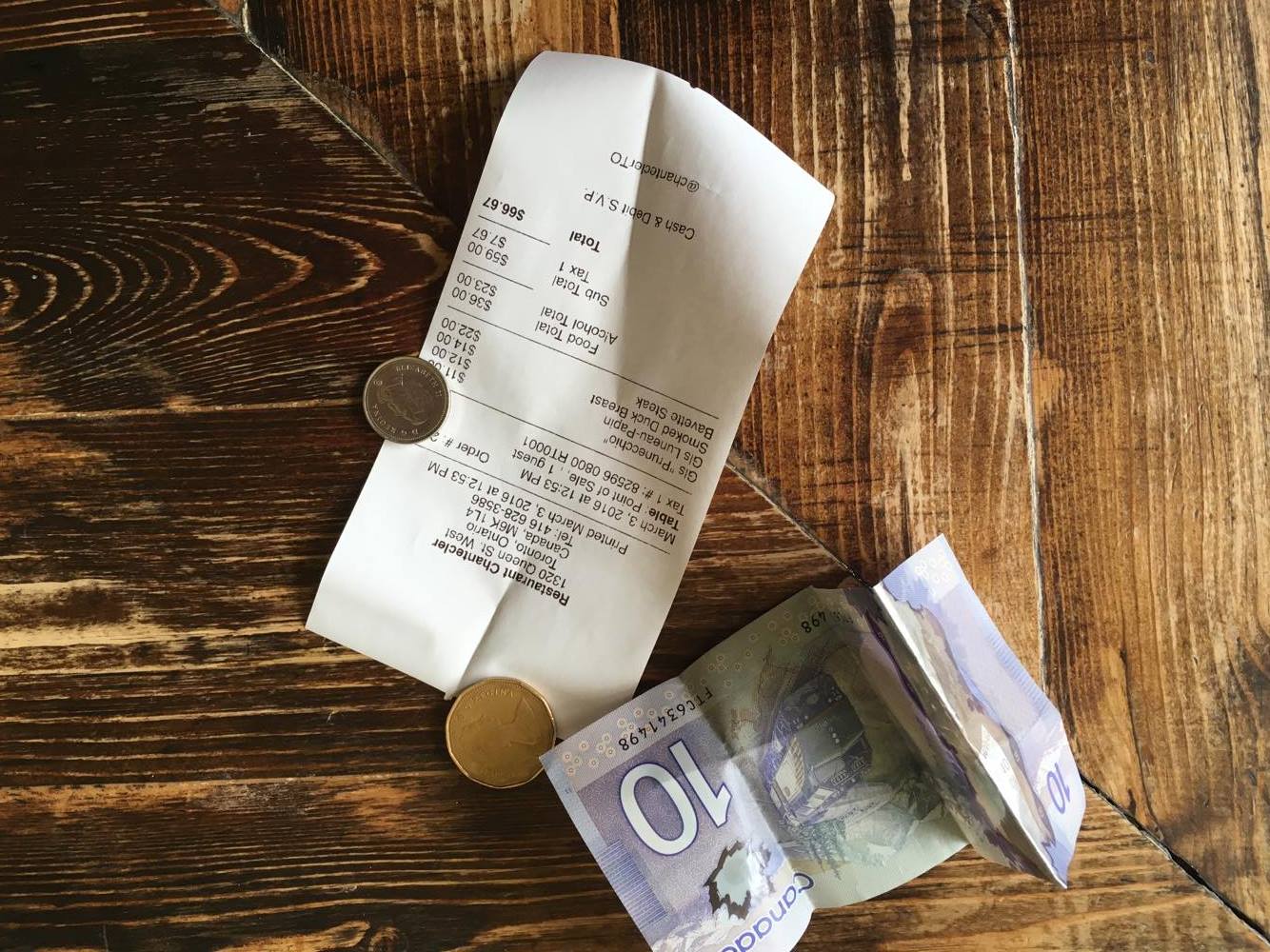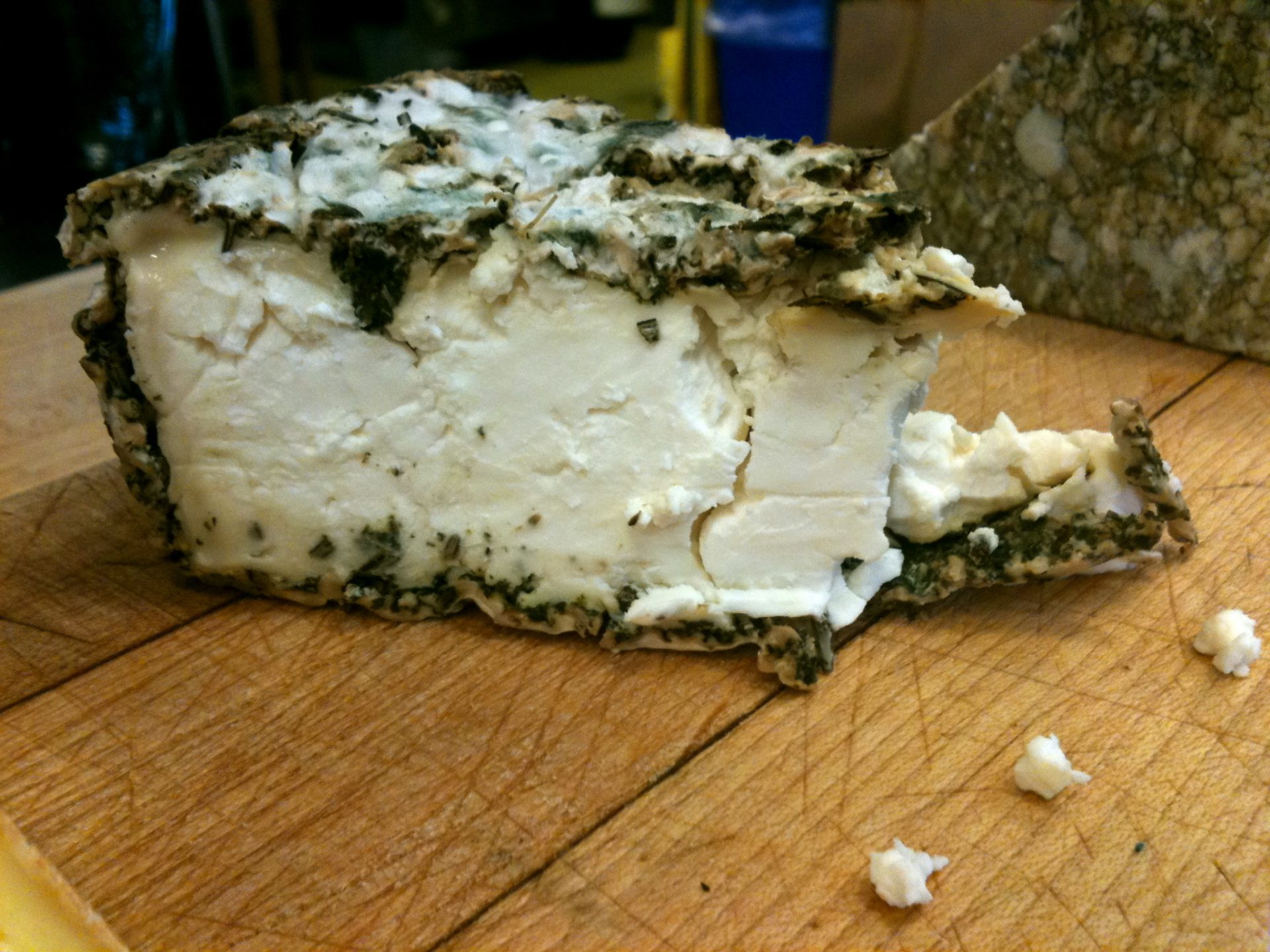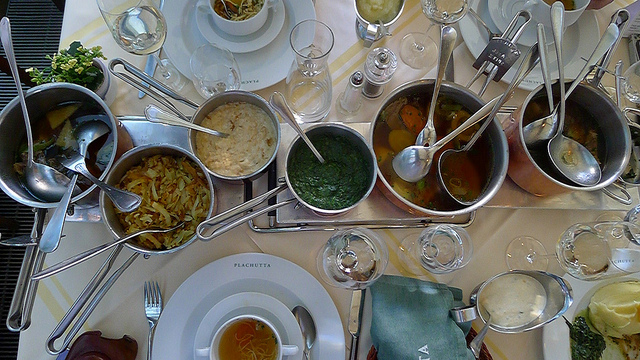Let’s get this straight, I really despise tips and tipping culture.
I strongly believe that tips are an integral part, the most important cog, of a process that perpetuates the undeniably broken system at the core of Canadian restaurants.
This is a system that is built upon falsehoods that protect the customer from the true cost of their meals. This is a system where the costs of employing Front-Of-House staff is almost entirely downloaded to the customer via in-house taxation. This is a system that allows for massive wage disparity between front-of-house-staff and those in the kitchen (and management for that matter). This is a system that gives restaurant operators a pretext to avoid paying their workers a proper wage. This is a system that is altogether complicit in letting front-of-house staff declare around 10% of their actual additional income, leading to tax evasion that would give Amazon, Starbucks, Google, and Apple a good run for their money. This is a system that has so many grey areas legally that a even a cursory audit by the CRA would reveal a veritable knot of vipers within the books of each and every establishment. This is a system that requires a federally/provincially legislative sea change to correct itself. This is a truly broken system.
Over the coming weeks we’ll be analysing the many facets of tipping culture, speaking with those who advocate for a better way, and those who feel that the hospitality sector’s unique set-up works and should not be trifled with.
Having these discussions will be difficult for some, but this is a conversation that we simply need to have. With it only being a matter of time before Ontario follows Quebec in seeing the mandatory installation of “black boxes” or SRMs (Sales Recording Modules) between an establishment’s credit card machines and POS stations, our whole concept of how restaurant workers will be compensated will have to be reassessed. That $500 in cash you were used to walking out with on a good night? Yes, that will have to be taxed, probably with source deductions. It’s a huge elephant in the room that very few are talking about… yet.
We’d welcome your thoughts and comments on this topic, both on this introductory piece and on the following chapters. Feel free to add them to our comment thread below or if you would wish to remain wholly anonymous email them to greedyforit@gmail.com.

Edinburgh-born/Toronto-based Sommelier, consultant, writer, judge, and educator Jamie Drummond is the Director of Programs/Editor of Good Food Revolution… And, for the record, although he has worked in restaurants since he was around 18 years old, through circumstance he has never relied upon tips as a major portion of his income ; from Michelin recognised establishments in the UK (where tipping wasn’t a major thing), through a private club (where tips were forbidden), to a management position (that saw no part of the tipout), he’s never really benefited from tips.








This issue is a mine field.
Tough to legitimize a profession when the top talent is essentially forced to plateau at what ought to be a ‘mid-level’ position in order to pay the bills/maintain lifestyle.
Becoming specialized can be a trap.
Just came back from Spain where the tip and taxes are included in la cuenta. I like that. You pay only what you see on the bill. I like to think that the wait and kitchen staff are all compensated so that they can live as good a life as I can. If that means I have to pay more for a restaurant visit, so be it. Why would I expect to pay less and bring people down to a lower standard of living. Whatever changes new technology brings, wait staff must not end up with less net income. If anything their income should increase. They are just as crucial to a restaurants operation as any other staff … perhaps even more so because they deal face to face with the customer.
Thank you for addressing this Jamie. So far you’ve hit the nail on the head. I look forward to more on the subject.
All of my working life I have worked in the hospitality industry, mainly in the non tipping side of it. My first experience of the disparity of it was when I worked in a hotel on the Isle of Bute in Scotland as part of my college course in the 1970’s. I spent most of my 3 months in housekeeping and kitchen, with 2 weeks in fnb. My “friend” worked all of the time in fnb apart from the last 2 weeks. At the end of the 1st week in fnb the head waitress handed me 20GBP almost 2 weeks wages. My friend had been earning that all summer.
I hate tipping, I find it demeaning. Hospitality staff should be paid more so that they do not have to rely on tips, so prices will rise but if you are adding 10, 15 or 20% onto the bill you are already paying more